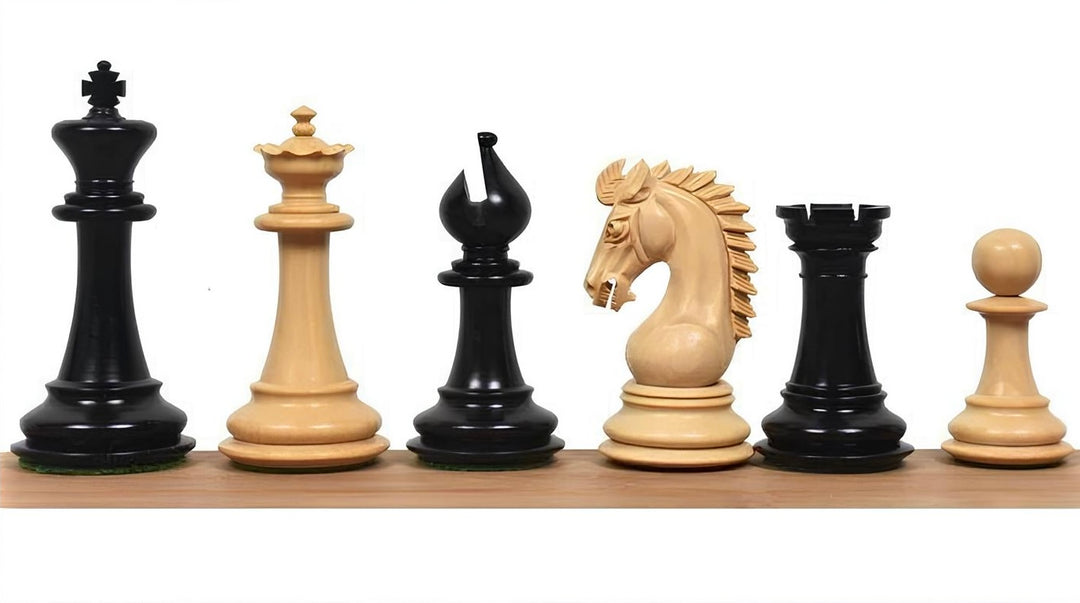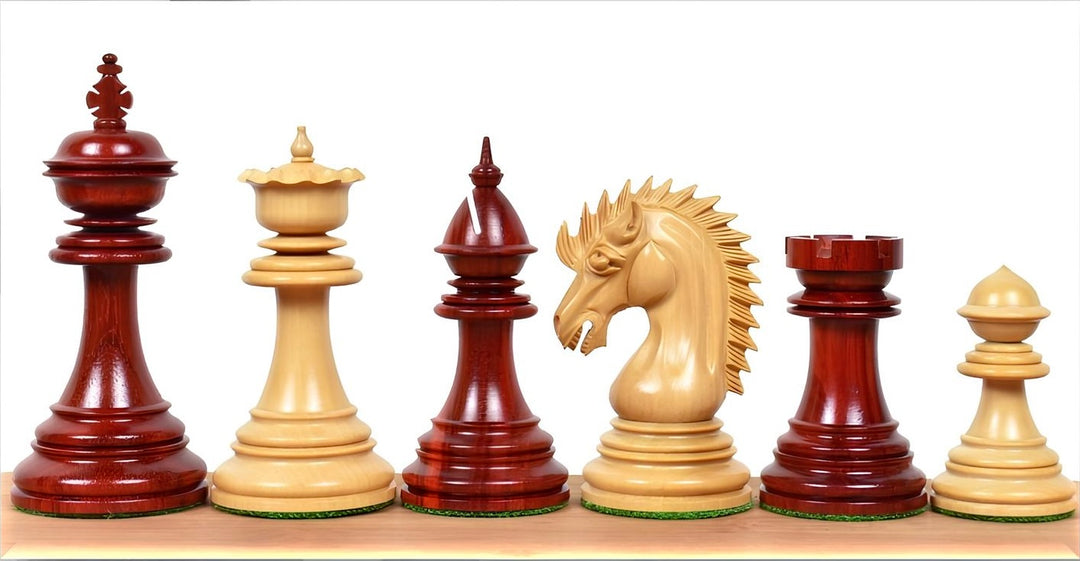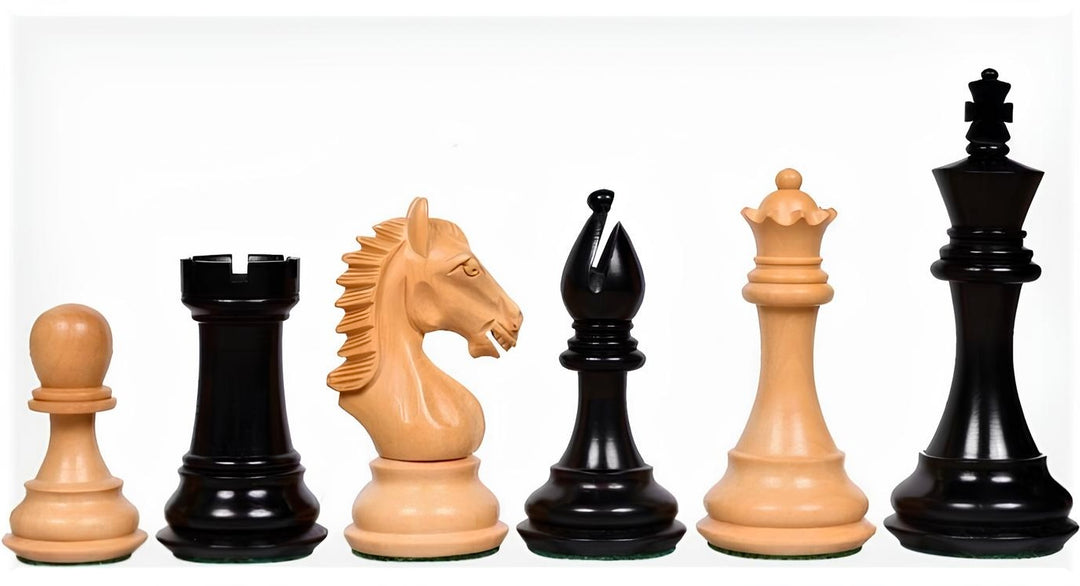Chess vs. Poker: Comparing Strategy and Skill
Chess and poker are two of the world's most popular strategic games, each commanding not only a vast player base but also significant scholarly and professional interest. While both games require a high degree of skill and strategic acumen, they differ fundamentally in their structure, gameplay, and the skills they prioritize. This discussion explore these differences and similarities, helping to illuminate the unique appeal and educational value of each game.
Core Elements of Chess and Poker
Chess is a two-player board game with no hidden information. It relies purely on strategic skill and tactical execution. Players move pieces with specific rules across an 8x8 grid board, with the objective to checkmate the opponent's king. Poker, on the other hand, is a card game that involves varying degrees of gambling, strategic guesswork, and psychological interaction. Unlike chess, poker has a significant component of luck due to the randomness of card distribution, and crucially, involves hidden information regarding players' cards.
Strategy in Chess
In chess, strategy plays a preeminent role. The game offers a clear-cut battle of planning and foresight, with players needing to think several moves ahead. Strategic thinking in chess involves the development of pieces in the opening, controlling the center, safeguarding the king, and understanding positional strengths and weaknesses. Chess demands acute analytical skills, as players must evaluate multiple potential sequences of moves and their possible outcomes. This depth of strategic planning encourages players to develop foresight, patience, and an ability to think abstractly.
Strategy in Poker
Poker strategy, while also multifaceted, hinges on probability, risk management, and psychological manipulation. Successful poker players must excel at reading other players and bluffing, or convincingly misleading adversaries about the strength of their hand. Poker strategy involves careful assessment of the odds of winning, managing one's betting to maximize gains and minimize losses, and predicting opponents' moves. Unlike chess, poker players must constantly adapt to new information and situations, making it as much a game of adaptation as it is of strategy.
Skill and Learning in Chess and Poker
Both chess and poker require a high level of skill, which can be cultivated over time through study, practice, and experience. In chess, progressing involves a deep study of openings, endgames, and historical games played by grandmasters. Learning chess can be seen as expanding a framework of psychological patterns and decision-making trees. In contrast, poker players often focus on mastering the art of betting patterns, reading people, and the mathematics of gambling. They fine-tune their strategies based on experiential learning from diverse playing scenarios and styles.
The Role of Luck
A key differentiation between chess and poker is the role of luck. Chess is deterministic, meaning the better player will almost always win over a series of games. There are no hidden cards or dice rolls influencing the state of the game; success stems directly from a player's ability to think and plan effectively. Conversely, poker introduces an element of luck that can sometimes override skill in the short term, though in the long term, professional players demonstrate consistent success due to their strategic excellence.
Poker's Psychological Dimension
Poker is distinct in its psychological dimension. The ability to maintain a poker face, manage stress, and interpret subtle cues from opponents is critical. Poker players must be adept at managing their own emotions and projecting misleading cues to confuse opponents about their actual intentions and emotions. This psychological warfare adds a layer of complexity to poker that is largely absent in chess.
Conclusion
In conclusion, while both chess and poker involve deep strategic considerations and require high levels of skill, they differ significantly in how these elements are emphasized and utilized. Chess focuses on pure strategy and puts a premium on foresight and planning, while poker requires a blend of calculated risk-taking and psychological tactics, with a significant influence of chance. Both games offer rich avenues for intellectual growth and entertainment, but appeal to different aspects of strategic thinking and personality traits.
Explore our large collection of luxurious chess sets!


























































Leave a comment